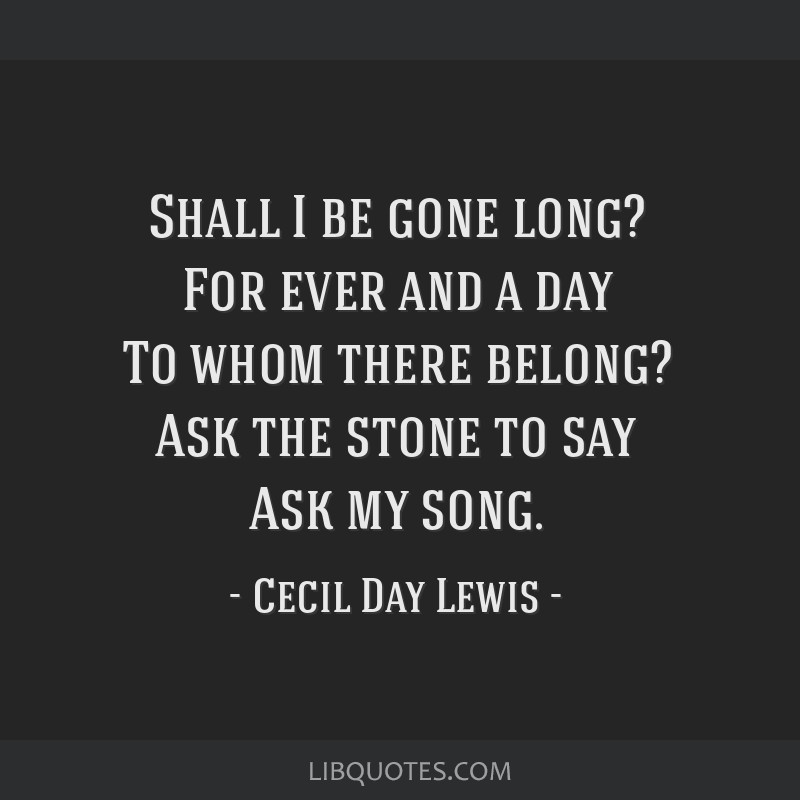Sonnets from Shakespeare to the 21st Century.
As a poetic form, the sonnet traces its lineage to thirteenth century Italy; its name is derived from the Italian word sonetto, translated as "little song." While sonnets traditionally are poems of fourteen lines, they are grouped into different types based primarily on their rhyme scheme. The Italian (or Petrarchan, named for the famous Italian poet Francesco Petrarch—in English referred to as Petrarch) rhymes ABBAABBA CDECDE or ABBAABBA CDCDCD. This rhyme scheme proved difficult in English which is poorer in rhymes than Italian. Consequently, an English variant, the Shakespearean sonnet evolved which rhymed ABAB CDCD EFEF GG. Sonnets also traditionally have a thematic turn or volta which in Petrarchan sonnets occurs between the first eight lines (the octave) and the final six lines (the sestet). In a Shakespearean sonnet the volta takes place before the concluding couplet. There are other variants of sonnets, including the Spenserian sonnet, which rhymes ABAB BCBC CDDC EE, or the shortened curtal sonnet invented by Gerard Manley Hopkins which has an opening sestet rhymed ABCABC followed by four and one half lines rhymed DBCDC. In English, sonnets were traditionally written in iambic pentameter, a ten beat line with alternating unstressed (short or weak) and stressed (long or strong) syllables. However, there are many exceptions to this rule, especially in modern practice.
Many of the sonnets for today's show are from the anthologies The Penguin Book of the Sonnet: 500 Years of a Classic Tradition in English, edited by Phillis Levin (Penguin, 2001) or The Making of a Sonnet edited by Edward Hirsch and Eavan Boland (Norton, 2008). The former book contains an excellent introductory essay, and the latter book includes translations of sonnets from other languages and a section of quotes about the form.
This week's featured poem, "My Dreams, My Works, Must Wait Till After Hell," is by Gwendolyn Brooks (1917-2000). While many of the rhymes in this poem are slant rather than exact: bread/lid, will/hell, etc., the poem follows the Shakespearean model.
MY DREAMS, MY WORKS, MUST WAIT TILL AFTER HELL
I hold my honey and I store my bread
In little jars and cabinets of my will.
I label clearly, and each latch and lid
I bid, Be firm till I return from hell.
I am very hungry, I am incomplete,
And none can tell when I may dine again.
No man can give me any word but Wait,
The puny light. I keep eyes pointed in;
Hoping that, when the devil days of my hurt
Drag out to their last dregs and I resume
On such legs as are left me, in such heart
As I can manage, remember to go home,
My taste will not have turned insensitive
To honey and bread old purity could love.

No comments:
Post a Comment